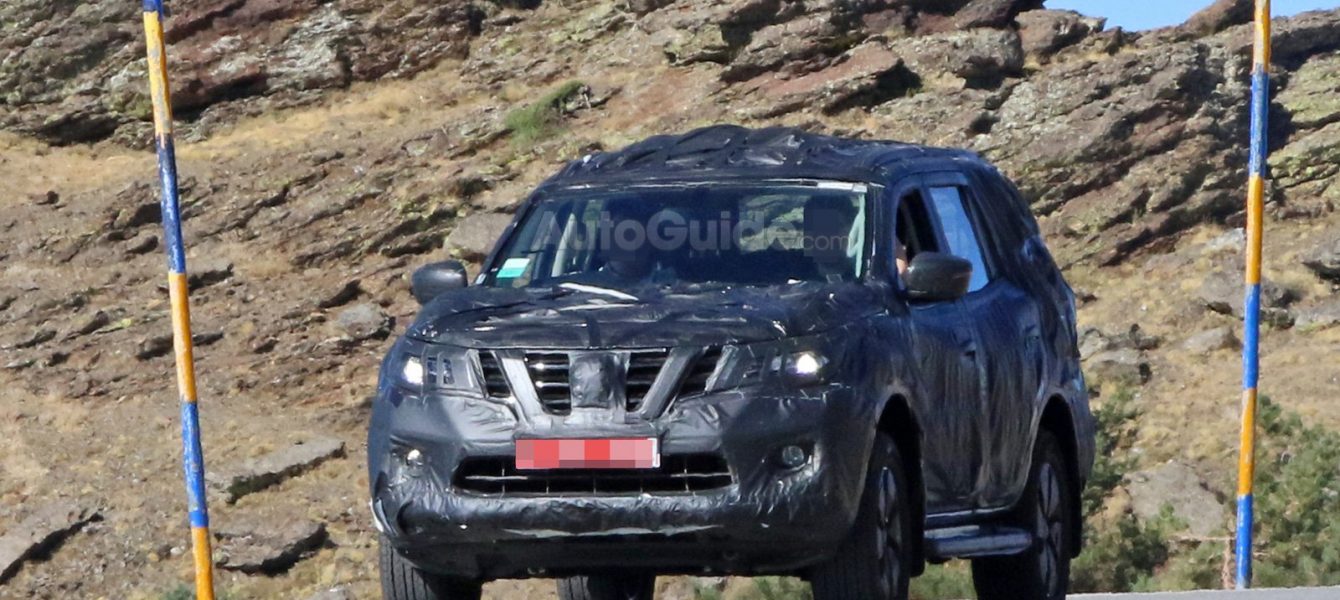Volkswagen and lawyers representing Canadian TDI owners have agreed to a settlement that could cost the automaker up to CAD $2.1 billion (USD $1.6 billion) plus a CAD $15 million civil administrative monetary penalty.
Under the terms of the agreement, which still need to be solidified in court, VW will offer to buy back many of the 105,000 eligible 2.0-liter TDIs at Canadian Black Book wholesale value as of September 18, 2015 (with adjustments for factory options and mileage).
Alternatively, eligible owners can choose to trade in their vehicles or to have them repaired free of charge, if a fix becomes available.
On top of that, owners are also entitled to a cash payment, which will range from $5,100 to 7,000 for Volkswagen owners and $5,200 to $8,000 for Audi owners.
SEE ALSO: Volkswagen 3.0-Liter TDI Agreement Delayed
“Our clients were clearly looking for finality and choices, and we hope that through this agreement we have provided both,” said Harvey Strosberg a co-lead counsel in Ontario for the class action suit.
The total value of the agreement amounts to about CAD $2.1 billion, which, before inflation, is similar to the US agreement. The US settlement amounts to roughly USD $21,000 (CAD $28,000) per car, whereas the Canadian deal amounts to CAD $20,000 per car.
Canadian TDI owners and lessees can check their eligibility at vwcanadasttlement.ca and court-approved notices summarizing the settlement will be sent out starting on January 4, 2017. The opt-out and object deadlines are March 4, 2017.
“Volkswagen’s primary goal has always been to ensure our Canadian customers are treated fairly, and we believe that this proposed resolution achieves this aim,” said Maria Stenstroem, Volkswagen Group Canada President and CEO. “We are working hard to earn back the trust of our customers, dealers and regulators, and today is an important step in that effort.
The agreement will now go to court twice—once in Ontario and once in Quebec—to gain final approval. The dates of those court hearings have not yet been set.



Leave a Reply